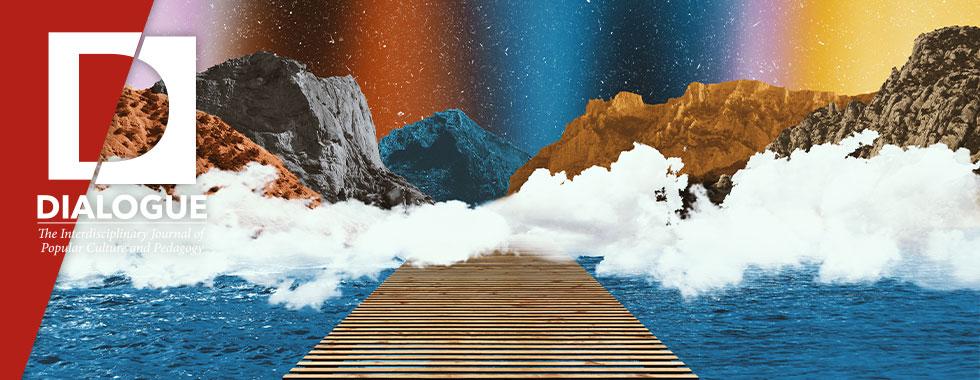Document Type
Article
Abstract
This study analyzes the music video “Tell Your Papa” (2025), a politically charged protest song by Nigerian artiste Eedris Abdulkareem, as an exemplary case of aesthetics of confrontation, here conceptualized as a multimodal strategy in which direct address, anti-spectacle visual style, literalism, and discomfort converge to confront political power. Focusing on the song’s explicit critique of President Bola Ahmed Tinubu, his son Seyi Tinubu, and other prominent political figures, the analysis demonstrates how Abdulkareem renders indistinct the line between music and political discourse through a visual-sonic language that is accusatory, documentary-stylized, and unflinchingly courageous. While building on the lineage of Nigerian resistance music, the study posits that “Tell Your Papa” functions not merely as a form of musical resistance but more critically as a visual and pedagogical archive of suffering, public anger, and national trauma, insisting that political art must witness, name, and disturb. Accordingly, this study makes a cross-disciplinary contribution to African popular music, protest movement, postcolonial, and pedagogical studies through the theorization of the aesthetics of confrontation as a framework that shows how sound, image, and performance converge to act as archive, pedagogy, and resistance. Importantly, the study further contends that, though grounded in the Nigerian context of the examined text, the framework establishes an adaptable conceptual tool for interpreting confrontational protest aesthetics across diverse postcolonial and global contexts, while simultaneously highlighting its pedagogical implications in educational discourses on media literacy, governance and resistance, and visual culture
Recommended Citation
Jemiluyi, Omotayo
(2025)
"“Tell Your papa”: Aesthetics of Confrontation and Visual Witnessing in Nigerian Protest Music,"
Dialogue: The Interdisciplinary Journal of Popular Culture and Pedagogy: Vol. 12:
Iss.
2, Article 3.
Available at:
https://digitalcommons.unl.edu/dialogue/vol12/iss2/3

